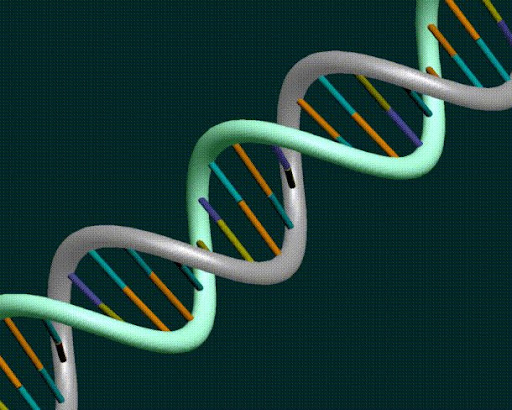Leaving the Stage

End of the line?
After his recent controversial comments in the Sunday Times about race and intelligence I can't see much of a publishing career to come so it looks like one of the truly great careers in science has come to its close.
It should be said, up front, that what he said was not just his usual provocative type of contribution to public debate, but something entirely unacceptable, especially from a scientific point of view. He drew together an accepted belief that there is likely to be some genetic component to potential intelligence and some highly disputed evidence on performances by different races in intelligence testing and made a wholly unsupported claim that there was positive evidence of a genetically inescapable link between race and intelligence.
It doesn't though make it any less disappointing to see such a distinguished career end in such a way, as much as it may be celebrated by elements in the race industry. The Crick and Watson (and Wilkins and Franklin) story of the discovery of the structure of DNA is one of the greatest stories of science; one filled with periods of despair intertwined with eureka moments and a cast of colourful characters. This, along with their later feats, especially Watson's, and the work of Frederick Sanger, a rare double Nobel prize winner for discovering how to read DNA's simplistic alphabet following on for his first for similar work on proteins, specifically insulin, were the tales awoke an interest in the area sufficient to spend three years studying it in detail at university.
Watson has steered close to the wind on several occasions of late, and often on the same subject. His reasoning that with an acceptance of the probability of a genetic component in determination of intelligence that the possibility that the alleles conferring different capabilities may segregate along racial lines should not be considered too taboo to be investigated brought howls of protest from predictable quarters, but was as fundamentally supportable as his latest words were not. As many supporters pointed out it was likely that such a connection was as least as likely to be disproved as proved, and even if proved may actually have benefits as our genetic blueprint does not always represent an inevitable destiny. If the mechanism by which a genetic variation affects an organism is understood, it is often possible to take account of minor variations in the plans, in some cases by actions as simple as adding basic dietary supplements.
I think his latest assertion is far more likely to be false than true, but at heart, in reading some of his writings, I always felt he was less interested in this particular case in hand, but was simply using it as a shock tactic to advance the more general proposition that science, while it should take heed of good ethics, should not be shackled by the constraints of political correctness. As we see increasingly how the boundaries of 'acceptable thought', especially in the case of climate change, are being ruthlessly policed, often by those with little more authority than being partisan pressure groups, I find it hard to find anything but complete agreement with this more general premise.
At the end of the day the simple, short and surprising low key article in Nature, announcing his part in one of the great discoveries of modern times will be remembered long after this little spat, and James Watson deserves nothing less.





 RSS Feed - Main Blog
RSS Feed - Main Blog







No comments:
Post a Comment